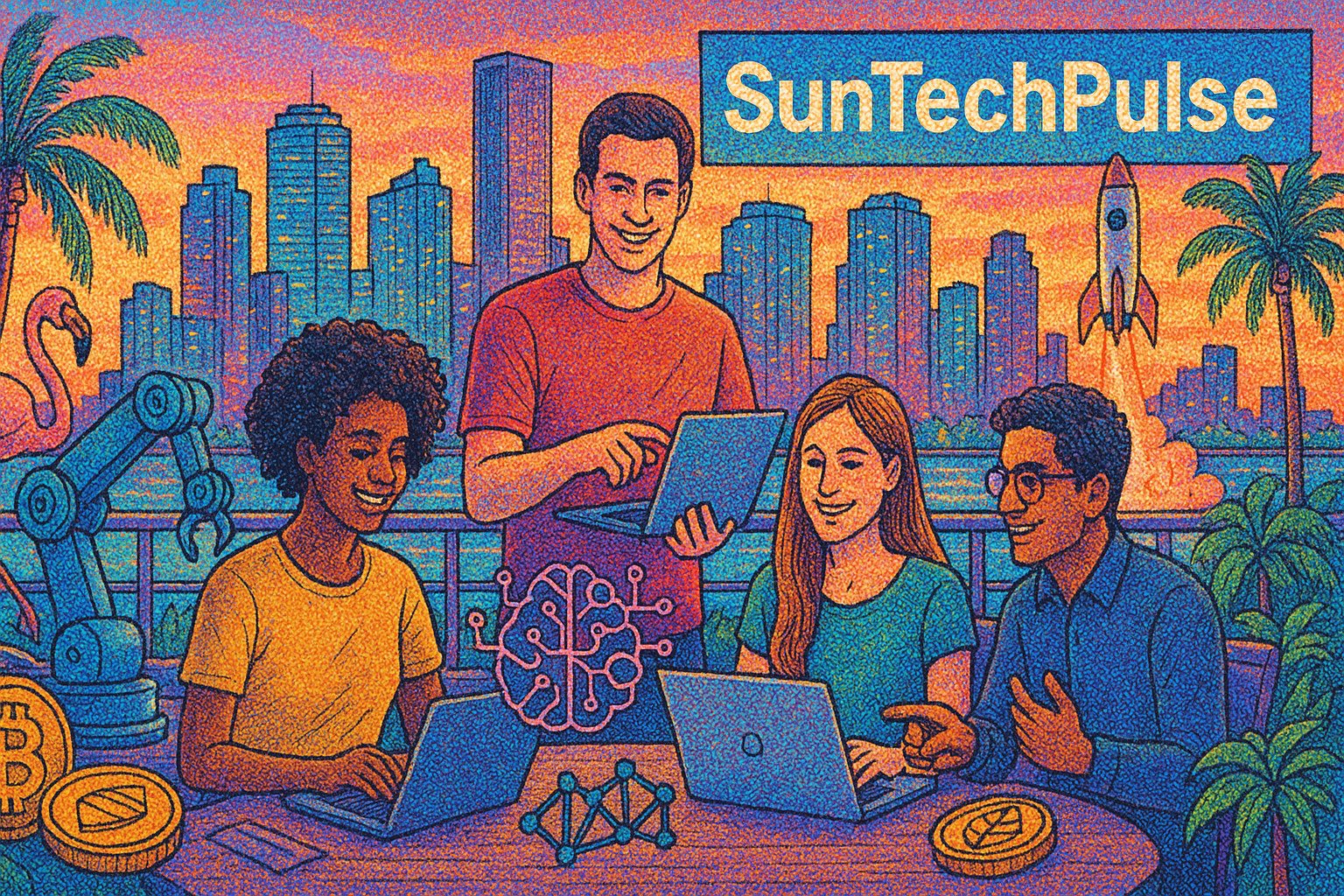Miami’s startup scene has gained national recognition over the past few years, especially as tech talent and capital migrated during the pandemic. But according to Startup Genome‘s Global Startup Ecosystem Report 2025 (GSER 2025), the city’s momentum may be losing steam. Miami ranks #22 globally, holding steady from last year, but with performance metrics that reveal significant gaps compared to peer ecosystems.
A Mixed Report Card
In the GSER’s global ranking, Miami earns its place among the world’s top 40 startup ecosystems. But its performance indicators tell a more nuanced story. The city scores:
- 4 in Performance (valuation, exits)
- 8 in Funding (relatively strong capital access)
- 3 in Talent & Experience (limited scale-up history)
- 7 in Market Reach
- 2 in AI-Native Transition
- 1 in Knowledge (patents, research impact)
The most concerning figure: Miami ranks at the bottom (1/10) in the AI-Native category, signaling that the region is far behind in pivoting toward artificial intelligence, the dominant force driving startup growth globally in 2025.
The AI Wake Up Call
The report issues a stark warning: cities and countries that fail to rapidly adopt AI-specific innovation strategies risk seeing their ecosystem value diminish within five years. While Miami has attracted fintech and crypto firms, its low score in AI-related metrics suggests an urgent need for policy shifts and support for local AI-native startups.
In contrast, ecosystems like Philadelphia (+12 ranks) and Tokyo (+1 rank) are surging due to targeted investment in AI, robust public-private collaboration, and coordinated talent pipelines. Tel Aviv, long a model for tech ecosystem building, now ranks #4 globally, punching far above its weight due to early and aggressive startup-friendly national policy.
Why It Matters for South Florida
Despite being South Florida’s flagship tech hub, Miami’s low scores in talent and deep tech reflect regional vulnerabilities. Many founders still relocate to New York or the Bay Area when scaling, and while capital is more available than before, experience scaling companies from seed to exit remains limited. The region’s pipeline from universities to startups also lacks the density seen in ecosystems like Boston or Singapore.
The stakes are high. Miami has the attention, but without investments in AI policy, talent development, and research commercialization, the hype may fade faster than expected.
